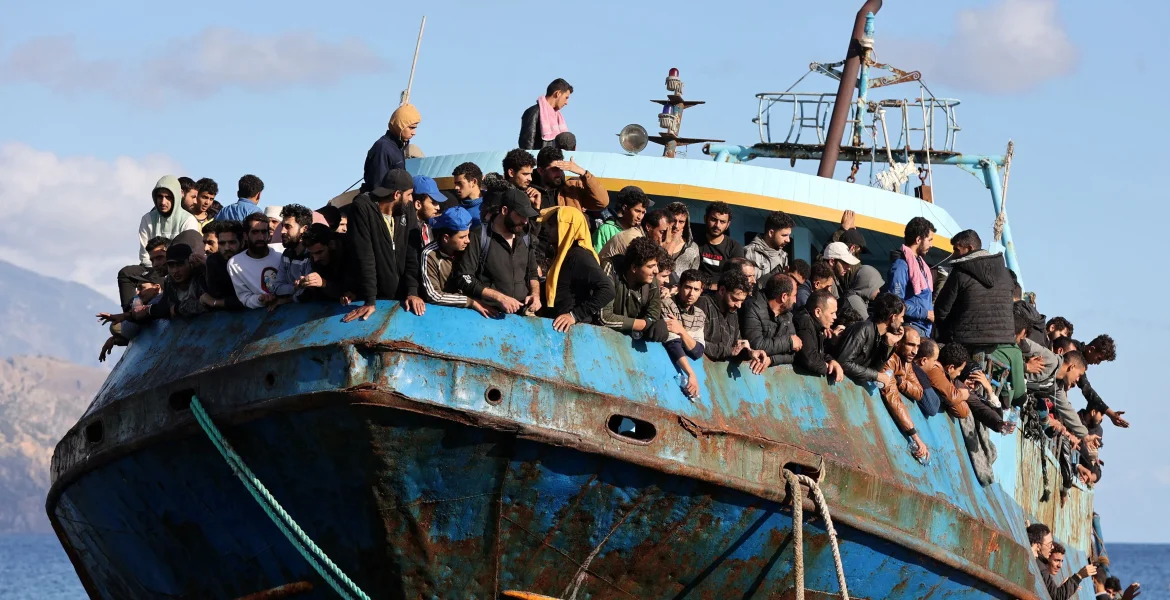Brussels, Belgium – The European Union has unveiled a new migration and asylum pact that aims to strengthen border security while upholding humanitarian values. However, the pact has drawn mixed reactions from experts and human rights groups.
Stricter Asylum Conditions
One key provision of the pact allows member states to deny asylum requests under certain strict conditions. However, concerns have been raised that this could lead to arbitrary detention, increased racial profiling, and the return of individuals to unsafe countries.
Enhanced Traveler Screening
The pact also introduces stricter screening measures for travelers entering the EU. Starting in mid-2025, all non-visa nationals will be required to undergo a screening process through the European Travel Information and Authorization System (ETIAS). This system will collect biometric data and check against databases managed by organizations like Europol and Interpol to identify potential security risks.
National Policy Alignments
Member states will be required to implement the pact’s mandatory solidarity system, which shares the responsibility of assisting migrants. Countries can either accept asylum seekers or provide alternative support, such as financial compensation or border security assistance. This aims to alleviate pressure on frontline countries like Italy and Greece.
Balancing Security and Compassion
The New Pact on Migration and Asylum is the EU’s latest attempt to strike a balance between addressing security concerns and upholding humanitarian values. Supporters believe that the changes will improve border security and make migration management more organized.
However, critics worry that fundamental rights could be undermined and that there may be an overemphasis on surveillance and control. As the pact is implemented, it will be closely monitored to assess its ability to effectively balance security needs with human rights protections.
Expert Concerns
Experts have expressed doubts about how the reforms will be put into practice, pointing out that the new system is complicated and some member states might not fully support it. They also raised concerns over the potential for arbitrary detention, including of children and families, increased racial profiling, and the risk of returning individuals to unsafe countries.
Human Rights Groups React
Human rights groups have criticized the pact, arguing that it could lead to the erosion of fundamental rights and the creation of a “Fortress Europe” mentality. They have called on the EU to prioritize human rights and ensure that the pact is implemented in a fair and humane manner.
The implementation of the New Pact on Migration and Asylum will be a significant test for the EU’s commitment to both security and humanitarian values. It remains to be seen how the pact will be implemented and whether it can effectively address the challenges of migration while upholding fundamental rights.

